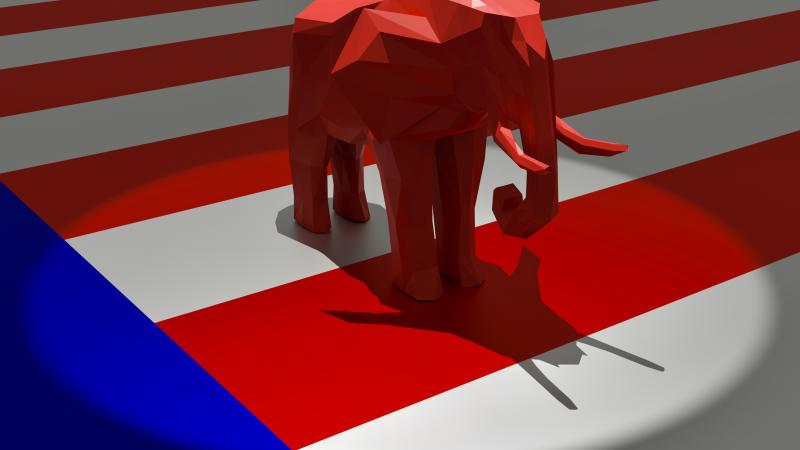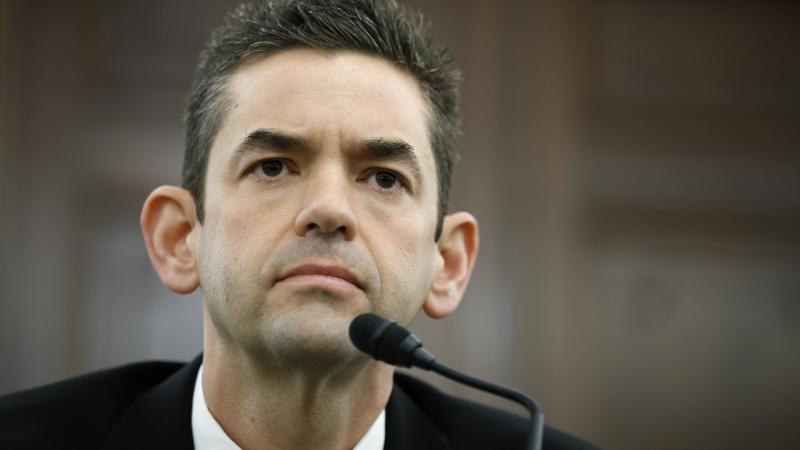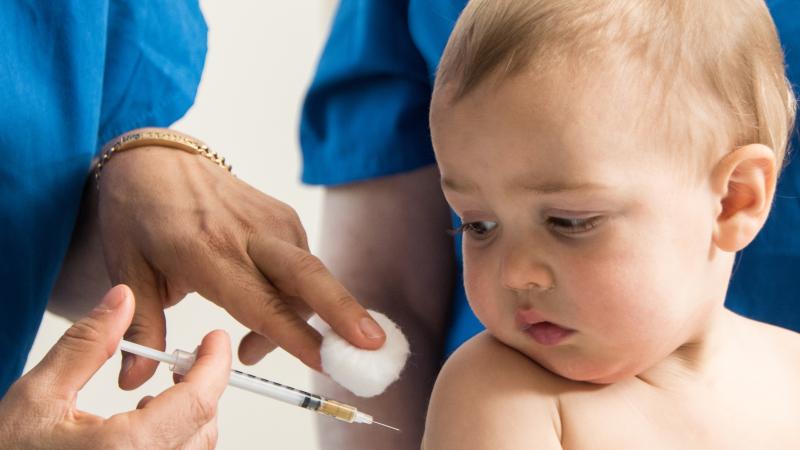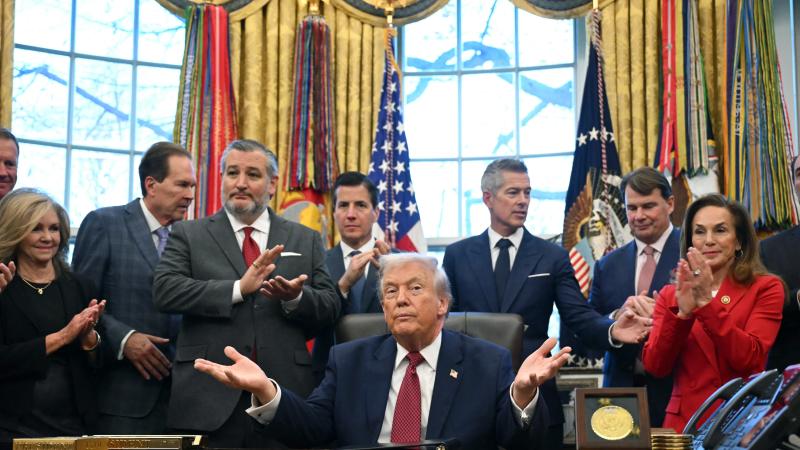Loeffler gives documents to feds in expanding probe about senators' stock deals amid coronavirus
Loeffler's Senate office acknowledged SEC, Justice request after Burr steps down as Intelligence committee leader
Georgia Sen. Kelly Loeffler has turned over personal stock information to federal authorities, amid the evolving probe into whether she and other senators used coronavirus information off Capitol Hill to profit on investments.
Loeffler’s office issued a statement Thursday – after the FBI seizing Sen. Richard Burr’s cellphone in the stock probe – saying the Georgia GOP senator has forwarded such information to the Justice Department, the Security and Exchange Commission and the Senate Ethics Committee “establishing that she and her husband acted entirely appropriately and observed both the letter and the spirit of the law.”
Loeffler’s office also told outlets that the senator has “welcomed and responded to any questions from day one” and that she has not received a warrant in connection to investigations, as Burr, a North Carolina Republican, reportedly has.
Sens. Loeffler, Burr, Sonny Perdue and Dianne Feinstein are under scrutiny for making stock deals in the early stages of the pandemic, considering they were receiving high-level information perhaps unavailable to the public, including other investors.
Loeffler and husband Jeffrey Sprecher, chairman of the New York Stock Exchange, reportedly bought and sold as much as $3.1 million in stocks from late-January to early-February, as the financial markets plummeted amid the global economic shutdown.
Burr sold stock holdings as the Senate Intelligence committee, of which he was chairman at the time, was reportedly receiving daily briefings on the virus. Burr on Thursday stepped down as leader of the committee, after previously asking the SEC to investigate his transactions.
Feinstein, a California Democrat, has said her questionable trades were made on her husband’s behalf and that all of her assets are in a blind trust.
Perdue, a Georgia Republican, reportedly had increased stock activity made on his behalf as the virus spread and markets began losing value.












